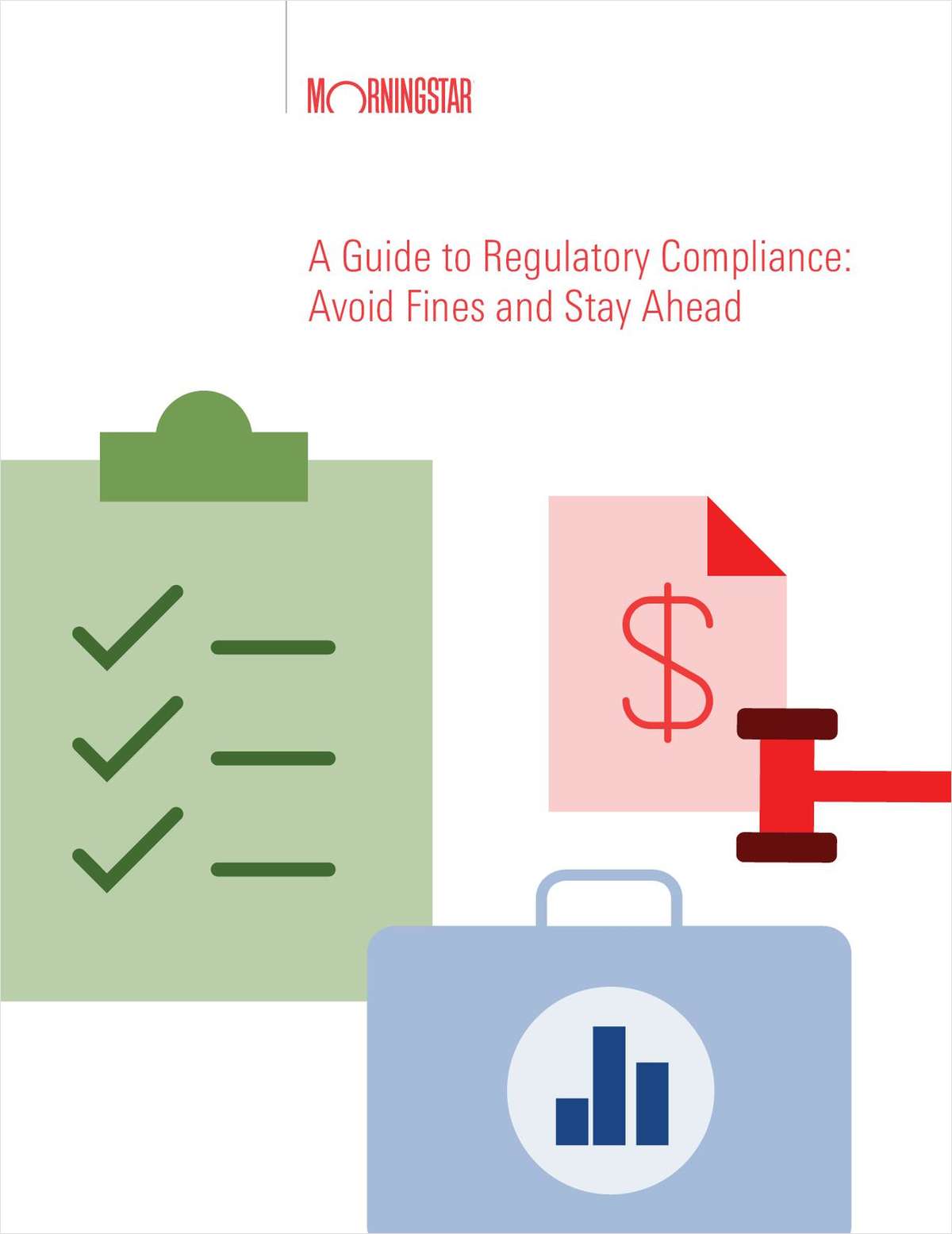 Connecticut high school students Alanna Smith, left, Chelsea Mitchell, center, and Selina Soule. Photo: Alliance Defending Freedom
Connecticut high school students Alanna Smith, left, Chelsea Mitchell, center, and Selina Soule. Photo: Alliance Defending FreedomConnecticut Is Testing Ground for Suit to Ban Transgender Athletes From Girls' Sports
A federal judge in Connecticut will decide whether transgender athletes can take part in girls' sports in the wake of a lawsuit filed Wednesday claiming transgender girls have an unfair advantage over athletes assigned female at birth.
February 13, 2020 at 04:31 PM
4 minute read
Attorneys for an Arizona-based conservative nonprofit are pinning their hopes on Title IX, a federal civil rights law, as they make Connecticut the testing ground for whether transgender athletes should be allowed to participate in girls' sports.
The case touches on gender discrimination issues, and an alleged disconnect between federal and state law.
The Alliance Defending Freedom filed suit Wednesday on behalf of three Connecticut high school track and field athletes, represented by their mothers, claiming that transgender athletes have an unfair athletic advantage. The group is pro-life, supports heterosexual marriage and advocates for religious liberty, according to its website. Its clients in the Connecticut case are two high school seniors and one sophomore.
U.S. District Judge Robert Chatigny is adjudicating the case that pits plaintiff-students Selina Soule, Chelsea Mitchell and Alanna Smith against the Connecticut Interscholastic Athletic Conference and several education boards.
|State law versus federal
Christiana Holcomb, legal counsel for the nonprofit and one of four attorneys representing the plaintiff, said they are eager to make Connecticut the test state.
Holcomb noted that 17 other states also allow transgender students to participate in female sports. But she argues that federal law prohibits this, and that Title IX is clear and unambiguous. The entire case, she said, comes down to how the 1972 federal law aimed at curbing sex discrimination against women is interpreted.
"Title IX was passed nearly 50 years ago to protect women and girls from sex discrimination, and to also provide them with equal athletic opportunities," Holcomb said. "What we are seeing in Connecticut is that when you allow biological males to play in the girls' categories across the board, girls lose that level playing field and the benefits and opportunities that Title IX was designed to provide."
By allowing transgender athletes to take part in female athletics, Holcomb claimed, "You are taking away the equal benefits and opportunities for women."
But Connecticut school sports officials deny any such breach.
Glenn Lungarini, executive director of the CIAC, issued a statement saying that before allowing transgender athletes to take part in girls' sports in 2013, the organization had consulted with multiple other agencies. He said it had relied on statements from the Connecticut Commission on Human Rights and Opportunities, the Connecticut State Department of Education, the National Federation of State High School Associations, and other organizations.
"The CIAC believes that its current policy is appropriate both under state and federal law," Lungarini said in an emailed statement. "The CIAC will respond to the lawsuit after we have a chance to review it further."
Now, plaintiffs are gearing for their next step: to see whether the judge grants a preliminary injunction against transgender girls.
Time is of the essence, Holcomb said.
"Selina and Chelsea are seniors and are losing opportunities right now," Holcomb said. "We are in the middle of indoor track season and championships are today and tomorrow and the spring outdoor season starts in March. It is their final opportunity to compete in high school athletics."
Assisting Holcomb are her colleagues attorneys Kristen Waggoner, Roger Brooks and Jeffrey Shafer. Also representing the three plaintiffs are Howard Wood III and James Howard of Manchester-based Fiorentino, Howard & Petrone.
As of Thursday afternoon, the defendants had not assigned attorneys to represent them.
Holcomb said she feels optimistic about securing a victory against the defendants.
"Even though they say it's appropriate, they are violating federal law," she claimed. "And federal law trumps state law."
This content has been archived. It is available through our partners, LexisNexis® and Bloomberg Law.
To view this content, please continue to their sites.
Not a Lexis Subscriber?
Subscribe Now
Not a Bloomberg Law Subscriber?
Subscribe Now
NOT FOR REPRINT
© 2025 ALM Global, LLC, All Rights Reserved. Request academic re-use from www.copyright.com. All other uses, submit a request to [email protected]. For more information visit Asset & Logo Licensing.
You Might Like
View All
Patent Disputes Over SharkNinja, Dyson Products Nearing Resolution

Judge Slashes $2M in Punitive Damages in Sober-Living Harassment Case

DC Judge Rules Russia Not Immune in Ukrainian Arbitration Award Dispute
2 minute readTrending Stories
- 1Restoring Trust in the Courts Starts in New York
- 2'Pull Back the Curtain': Ex-NFL Players Seek Discovery in Lawsuit Over League's Disability Plan
- 3Tensions Run High at Final Hearing Before Manhattan Congestion Pricing Takes Effect
- 4Improper Removal to Fed. Court Leads to $100K Bill for Blue Cross Blue Shield
- 5Michael Halpern, Beloved Key West Attorney, Dies at 72
Who Got The Work
Michael G. Bongiorno, Andrew Scott Dulberg and Elizabeth E. Driscoll from Wilmer Cutler Pickering Hale and Dorr have stepped in to represent Symbotic Inc., an A.I.-enabled technology platform that focuses on increasing supply chain efficiency, and other defendants in a pending shareholder derivative lawsuit. The case, filed Oct. 2 in Massachusetts District Court by the Brown Law Firm on behalf of Stephen Austen, accuses certain officers and directors of misleading investors in regard to Symbotic's potential for margin growth by failing to disclose that the company was not equipped to timely deploy its systems or manage expenses through project delays. The case, assigned to U.S. District Judge Nathaniel M. Gorton, is 1:24-cv-12522, Austen v. Cohen et al.
Who Got The Work
Edmund Polubinski and Marie Killmond of Davis Polk & Wardwell have entered appearances for data platform software development company MongoDB and other defendants in a pending shareholder derivative lawsuit. The action, filed Oct. 7 in New York Southern District Court by the Brown Law Firm, accuses the company's directors and/or officers of falsely expressing confidence in the company’s restructuring of its sales incentive plan and downplaying the severity of decreases in its upfront commitments. The case is 1:24-cv-07594, Roy v. Ittycheria et al.
Who Got The Work
Amy O. Bruchs and Kurt F. Ellison of Michael Best & Friedrich have entered appearances for Epic Systems Corp. in a pending employment discrimination lawsuit. The suit was filed Sept. 7 in Wisconsin Western District Court by Levine Eisberner LLC and Siri & Glimstad on behalf of a project manager who claims that he was wrongfully terminated after applying for a religious exemption to the defendant's COVID-19 vaccine mandate. The case, assigned to U.S. Magistrate Judge Anita Marie Boor, is 3:24-cv-00630, Secker, Nathan v. Epic Systems Corporation.
Who Got The Work
David X. Sullivan, Thomas J. Finn and Gregory A. Hall from McCarter & English have entered appearances for Sunrun Installation Services in a pending civil rights lawsuit. The complaint was filed Sept. 4 in Connecticut District Court by attorney Robert M. Berke on behalf of former employee George Edward Steins, who was arrested and charged with employing an unregistered home improvement salesperson. The complaint alleges that had Sunrun informed the Connecticut Department of Consumer Protection that the plaintiff's employment had ended in 2017 and that he no longer held Sunrun's home improvement contractor license, he would not have been hit with charges, which were dismissed in May 2024. The case, assigned to U.S. District Judge Jeffrey A. Meyer, is 3:24-cv-01423, Steins v. Sunrun, Inc. et al.
Who Got The Work
Greenberg Traurig shareholder Joshua L. Raskin has entered an appearance for boohoo.com UK Ltd. in a pending patent infringement lawsuit. The suit, filed Sept. 3 in Texas Eastern District Court by Rozier Hardt McDonough on behalf of Alto Dynamics, asserts five patents related to an online shopping platform. The case, assigned to U.S. District Judge Rodney Gilstrap, is 2:24-cv-00719, Alto Dynamics, LLC v. boohoo.com UK Limited.











